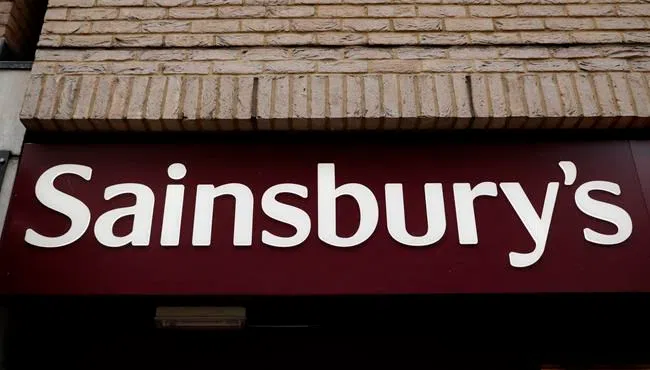
Walmart to sell UK unit as it focuses on other markets
LONDON — Walmart is selling its British unit, Asda, to local rival Sainsbury’s for 7.3 billion pounds ($10.1 billion), a deal that lets the world’s largest retailer focus on online sales in countries where it has stronger growth prospects and faces less-intense competition.
The cash and stock deal will reshape Britain’s supermarket industry. It combines the No. 2 and No. 3 supermarket chains, with a total 31.4 per cent share of the market that would put it ahead of the current leader, Tesco, according to data from Kantar Worldpanel.
Walmart overall is building fewer big stores and increasing its focus on internet businesses as people shop more online and at sites like Amazon. The company is expanding services like same-day delivery in the U.S., while focusing on big prizes overseas like China and potentially India. Walmart is reportedly in talks to buy a majority stake in Flipkart, India’s leading e-commerce company, which would give it a foothold in an exploding online market.
“Given the competitive landscape in U.K. grocery retail, profitable growth and expansion opportunities are limited, so reducing resources makes sense — especially when there are other geographies and channels” with more opportunity for growth, said Moody’s Lead Retail Analyst Charlie O’Shea.
